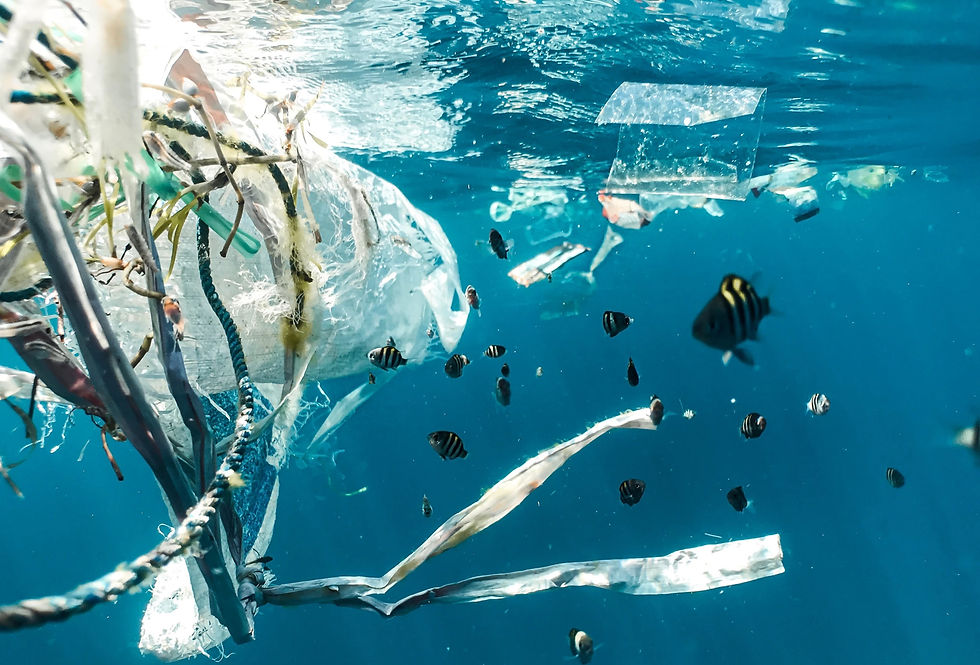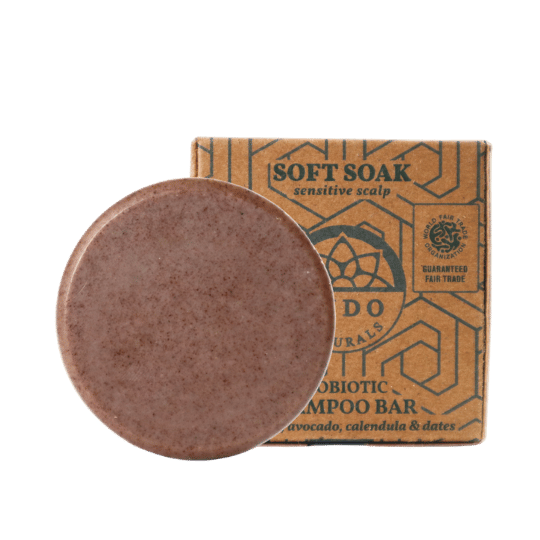The Environmental Impact of Black Friday
- Indo Naturals
- Nov 24, 2022
- 3 min read
Updated: Jan 10, 2023
The culture of consumerism is dominant in today's society and has significant effects on people's daily routines. When thinking about it, it's astonishing how much influence brands have on our buying behavior.
Black Friday has been observed primarily in the United States for over 70 years. US Americans often observed that shops don't make sustainable profits until massive sales on Black Fridays. Many countries including Norway have also started following the trend of observing Black Fridays to boost sales in their market and generate profits. As a result, a great deal of needless buying happens these days as customers fall into the trap of big brands employing various marketing techniques like neuromarketing and often trick the consumer into thinking that they are getting a good price. There are two sides to the same coin in this scenario. When on one side, businesses make huge profits on these special days, on the other side large amounts of natural resources are being used to create the product that feeds this consumerism, and too much of it becomes unmanageable trash polluting our world.
That raises the question. How does Black Friday actually impact the environment and ecosystems?
Consumerism and its Environmental Impact
There is no doubt that excessive consumerism is gradually causing destruction to our natural world. Production requirements grow in tandem with rising consumer demand. Greater demand for commodities means more natural resources must be extracted. The intensive extraction of natural resources like wood, water, oil, and so on for all the manufactured goods and vast volumes of garbage involved with the consumerist lifestyle cause a great deal of environmental pollution. This is without even mentioning the greenhouse gas pollution that comes with each product one buys.
Approximately 20% of the world's population consumes over 80% of the world's resources. With rising demands in emerging economies, the math simply won't hold up if they follow in the footsteps of western consuming. Rising consumerism will result in non-reservable natural resource depletion if we do not change the trend. When large quantities of products are to be manufactured from scarce resources we will witness an increase in low-quality products. This will only further feed the problem and create a vicious cycle where low-quality products are being manufactured at alarming rates and quickly ending up in landfills as waste. This further fuels climate change, deforestation, loss of land, and waste pollution.

Trash that ends up in the forest or the oceans, poses a threat to native flora and fauna. When plastic trash and other synthetics end up in landfills, rather than rotting it releases toxic pollutants into the soil and greenhouse gas emissions into the air. Toxic pollutants from landfills can seep into groundwater supplies as well as surface water sources like lakes, rivers and the oceans.
Need for a Change and Alternatives
There is extensive environmental deterioration and socioeconomic problems as a result of our existing consumption patterns. But how do we initiate a change? Well, now is the right time to propagate anti-consumerism that is relatable to the end customers. The same can lead to the realization that we need to limit our lifestyles for environmental reasons. Therefore, efforts are required in making anti-consumerism appealing by highlighting the benefits of buying less, buying quality that lasts, and checking how a product affects the environment and people. It is essential to make a difference right now by maximizing recycling, opting for zero waste consumption, and spreading awareness about the same amongst our surroundings. Yet, the best thing we can all do is simply to reduce consumption.
Our Efforts
At Indo Naturals, we are committed to providing sustainable everyday products and our mission is to make a more sustainable living easy and exciting through zero-waste products made ethically in rural India. We do this by providing everyday products that everyone needs, in the utmost environmental and social ways. They are developed to last for a long time and complete their lifecycle by either being composted, reused, or easily recycled.
Together, we can attempt to create a better place to live for our future generations by simply being a little conscious and improving our lifestyle choices and consumption habits.

This post was written by Shubha Shukla. She belongs to an Indian origin and currently lives in Oslo, Norway. She is an MBA graduate and has experience from different management job roles and has special interest in marketing. She strongly believes in responsible product consumption and is happily associated with Indo Naturals as an intern , contributing towards our mission by spreading awareness about the need of Sustainable Lifestyle Products.





























